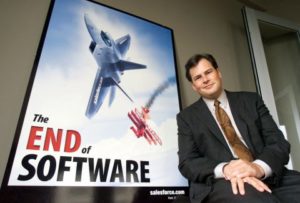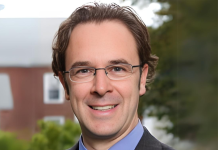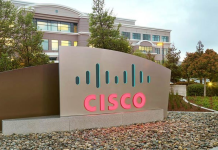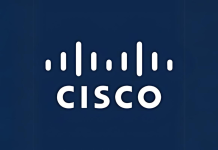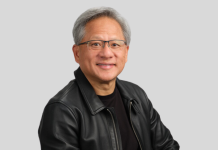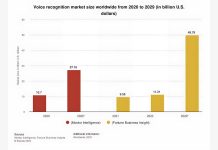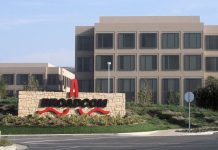Marc Benioff, founder, chairman and Chief Executive Officer of Salesforce, one of the leading enterprise cloud computing companies in the world, has always employed a bigger vision to his endeavors. When he founded Salesforce in March 1999 out of a rented San Francisco apartment, he defined the startup’s mission in a marketing statement as “The End of Software.” Having successfully revolutionized the enterprise software space with Software-as-a-Service (SaaS), the entrepreneur, CEO, author and philanthropist, with a net worth of nearly $4 billion, now has a larger vision in using business to change the world for the better.
The tech legend, regularly seen on news headlines for his actions outside of the SaaS world and rarely appearing in public without custom cloud sneakers, worked his way up the national stage from humble origins. Marc was born and raised in the San Francisco Bay Area. His father, who owned a local department store, taught him the meaning of strong work ethic at a young age.
While still in high school, Benioff made his first $75 off selling an application to a computer magazine, a software called “How to Juggle.” At age 15, he founded Liberty Software, in which he worked by himself, creating and selling games from the Atari 8-bit computer. By age 16, Benioff was earning royalties of $1,500 a month for his games, enough to fund his studies at the University of Southern California. During his time at USC, he secured an internship with Apple’s Macintosh division, where he was inspired by the innovative company and its founder, Steve Jobs.
“That summer, I discovered it was possible for an entrepreneur to encourage revolutionary ideas,” Benioff later wrote.
While Benioff planned to stay in programming for the rest of his career, a professor at USC urged him to try out the business world. Upon graduation, he worked with database company Oracle Corp for 13 years, gaining experience in sales, marketing and product development. At just 23-years-old, he was named “Rookie of the Year.” Three years later, he became the youngest person to earn the title of Vice President, along with an annual salary of $300,000. Oracle founder Larry Ellison and his superstar employee hit if off, as the billionaire took the role of a mentor and close friend to Benioff.
When Benioff launched Salesforce with a few other Oracle veterans, his idea was to fundamentally change the way companies sold enterprise software. Instead of making organizations install software on their own servers, Salesforce wanted to let people access business apps from the web browser.
“As a company you need to get to the future first, ahead of your customers, and be ready to greet them when they arrive,” said Benioff, who believes that businesses often get it wrong in how much they can do in one year, whereas they underestimate what they can accomplish in ten.
Initially, Ellison was supportive of the startup idea, offering $2 million from his own pocket in order to help Salesforce get off the ground and joining its board of directors. Benioff took a 6-month sabbatical while he split his time between Oracle and Salesforce. When he found out that Oracle was working on a direct competitor to Salesforce, Benioff tried to force his mentor to quit the board. When Oracle’s then-CEO said no, he was instead fired and left with his shares in the company.
The Oracle-Salesforce relationship grew more sour over the years and became an all-out battle between the two CEOs. In the mean time, Salesforce survived the dot-come bubble, becoming a pioneer in the modern cloud computing market. The company went public in June 2004, raising $110 million at $11 per share. With Benioff at the helm, CRM stock has grown over 8 times, trading at $90.12 as of August 2017 and reflecting a $64.4 billion market cap.
Like many business executives, Benioff has been inspired by the Art of War, the sixth-century B.C. Chinese military treatise written by Sun Tzu, who contends that rather than overpowering one’s opponent, warriors should employ careful strategy and an open mind.
Defining a higher sense of purpose at Salesforce has always been vital to Benioff, who was named one of Fortune’s 50 World’s Greatest Leaders for his commitment to equality and his championing of social issues.
“Companies can do more than just make money, they can serve others,” said the CEO. “The business of business, is improving the state of the world.” In line with this vision, the Silicon Valley giant instituted a “1-1-1 Model” in 2000, which sets aside 1% of Salesforce’s equity, 1% of product and 1% of employee hours back to the communities it serves globally.
Alongside his wife Lynne, Benioff has been extremely active with his personal philanthropy, focusing on public education projects and enhancing children’s health care through UCSF Benioff Children’s Hospital. As the CEO of a major global corporation, Benioff has used his position to take on social causes such as equal pay for women and the opposition of legislation in the US which would allow for discrimination against LGBT communities.
Benioff is also a renowned author, with three books including a national best seller, Behind the Cloud, which recounts Salesforce’s early success.
The software CEO brings to Silicon Valley his enthusiasm and idea that tech, and work in general, should be enjoyable. Salesforce’s annual Dreamforce conference has exploded to take over much of San Francisco every autumn, headlining major bands such as Metallica and Foo Fighters.
“You have chosen the wrong path if it’s not fun and are probably not taking enough risk if its not hard and rocky sometimes,” says Benioff.

